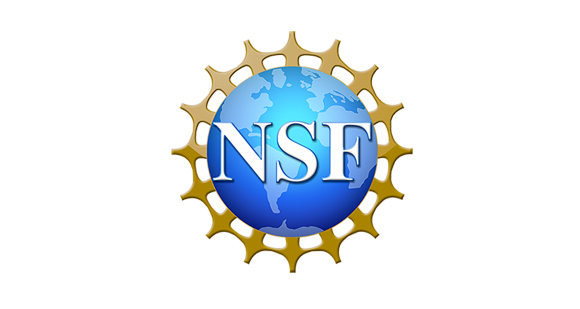NSF Funding for Research on Broadening Participation in Science

The National Science Foundation (NSF)’s Directorate for Social, Behavioral, and Economic Sciences (SBE) and Directorate for Education and Human Resources (EHR) have released a new letter announcing their continued support for research on increasing the access and involvement of underrepresented groups in science. This Science of Broadening Participation supports research focusing on: (1) institutional and organizational factors affecting participation; (2) cultural and social factors; and (3) economic and policy-related factors related to science participation—all within the purview of behavioral scientists.
According to NSF, potential research questions can include, among others:
- What are the underlying psychological and social issues affecting the different participation and graduation rates in STEM of women, men, persons with disabilities, and racial and ethnic minorities?
- Under which conditions do behavioral, economic, and socio-legal factors influence recruitment and retention in STEM education at the individual, meso, and macro levels?
- What behavioral or economic processes result in outcomes that are associated with success in STEM?
Psychological scientists wishing to contribute to the Science of Broadening Participation topic should submit their proposals as usual to the SBE Directorate, and include “SBP” at the beginning of the proposal title. Proposals can also be submitted to EHR education research programs.
Learn about the Science of Broadening Participation opportunity here.





APS regularly opens certain online articles for discussion on our website. Effective February 2021, you must be a logged-in APS member to post comments. By posting a comment, you agree to our Community Guidelines and the display of your profile information, including your name and affiliation. Any opinions, findings, conclusions, or recommendations present in article comments are those of the writers and do not necessarily reflect the views of APS or the article’s author. For more information, please see our Community Guidelines.
Please login with your APS account to comment.